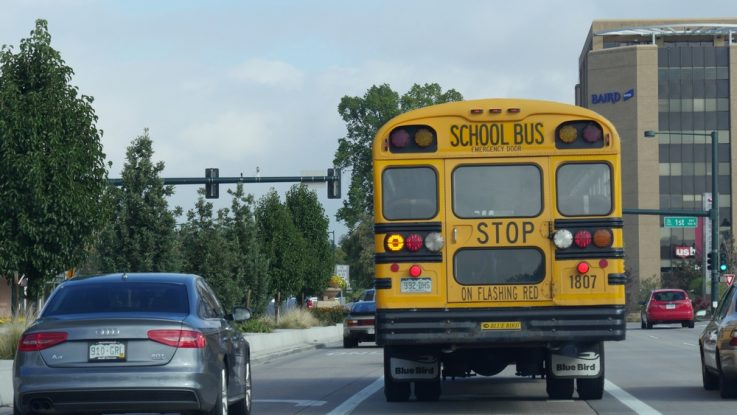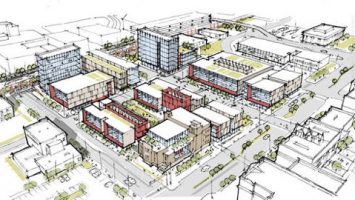
Denver is a mile high and miles ahead of most cities when it comes to smart projects. In particular, the city’s recent work to greatly reduce asthma rates in schools with data-collecting sensors attracted the attention not only of the Bloomberg Mayor’s Challenge but also of the Smart 50 Awards. Managing Editor Laura Benold spoke with the city’s Air Quality Program Manager Michael Ogletree about the project, reconvening after an earlier conversation in 2018 to see how far they’ve come and what’s ahead. Check it out!
LB: Congratulations on winning a Smart 50 Award! Tell us a little bit about your project and why it became a priority for Denver.
MO: Thank you! It was an honor to be recognized for the hard work that the city and county of Denver and the Department of Public Health and Environment have put into the project. For our project, we partnered with Denver Public Schools to place cutting edge air sensor technology on campuses, coupled with programming, education, and outreach aimed at reducing sources of air pollution, as well as exposure. The ultimate long term goal is to reduce asthma rates and the resulting long term health and economic impacts.
LB: When we last spoke, Denver was among a final pool of 35 jockeying for additional funding from the Bloomberg Mayors Challenge. Did you win the extra money? If so, how will it be used? If not, what plans do you have to continue your work without the extra support?
MO: We are very excited to share that we won a $1 million award in the 2018 US Bloomberg Mayors Challenge! Through the pilot phase we worked with a few schools to pilot our idea. With this additional money, we now have the opportunity to scale up to as many as 40 schools in Denver. We will also continue to receive support from the Bloomberg Mayors Challenge team, and their partners at Delivery Associates, building upon the innovative work already in progress.
LB: Also since our last conversation, Denver has had more time to collect data. What are the sensors telling you, and what kind of actions has the data driven?
MO: We have primarily been focused on validating the technology we developed with Lunar Outpost (air sensors) and TD Environmental (air sensor data management platform). As the data will be available to the public in near-real time, we want to make sure we are confident in what we are sharing with the schools communities and the residents of Denver. The sensors are showing us the diurnal patterns of air pollution and how conditions vary depending on weather. The reliability of the sensors is also quite good. This baseline air quality, as well as other measurements, will help inform the menu of options we will provide to schools for limiting exposure to air pollution.
LB: Since starting this work, what have you learned that you wish you knew at the beginning?
MO: We have learned so much both from the human centered design approach led by the Bloomberg team, as well as from the direct interaction with schools, nurses, and parents. It is really a very different way of approaching a problem and coming to a solution. It has provided us a way to provide a service to the Denver community in a way that builds mutual trust.
LB: What has been an unexpected pleasure and an unexpected challenge to result from this process?
MO: When we hatched the idea for this project we knew little about how the project would develop. We were challenged to collaboratively create the solution with the community. This method was different from typical work we had done in the past. We worked with Denver Public Schools, teachers, nurses, and parents to develop the solution. We learned so much through this process and it is something we’re looking to continue in the city, even outside of this project.
The biggest challenge has been managing the many subcontracts that come with innovative grants. To help overcome this challenge, we will be working with our Technology Services Department to create a SharePoint environment built for managing grants. This could then be used for other grants, helping to expedite processes that save time, money, and avoid complications in the future.
LB: What does it mean to you to win a Smart 50 Award?
MO: Winning a Smart 50 Award highlights our project on a global stage. We know that inequitable exposure to air pollution poses a significant health risk to school children around the world. Having the opportunity to share what we have learned would allow for replication of our project internationally. Equity is the platform upon which Denver is being built, and this project is another push forward to ensure a prosperous future for all of our residents.


